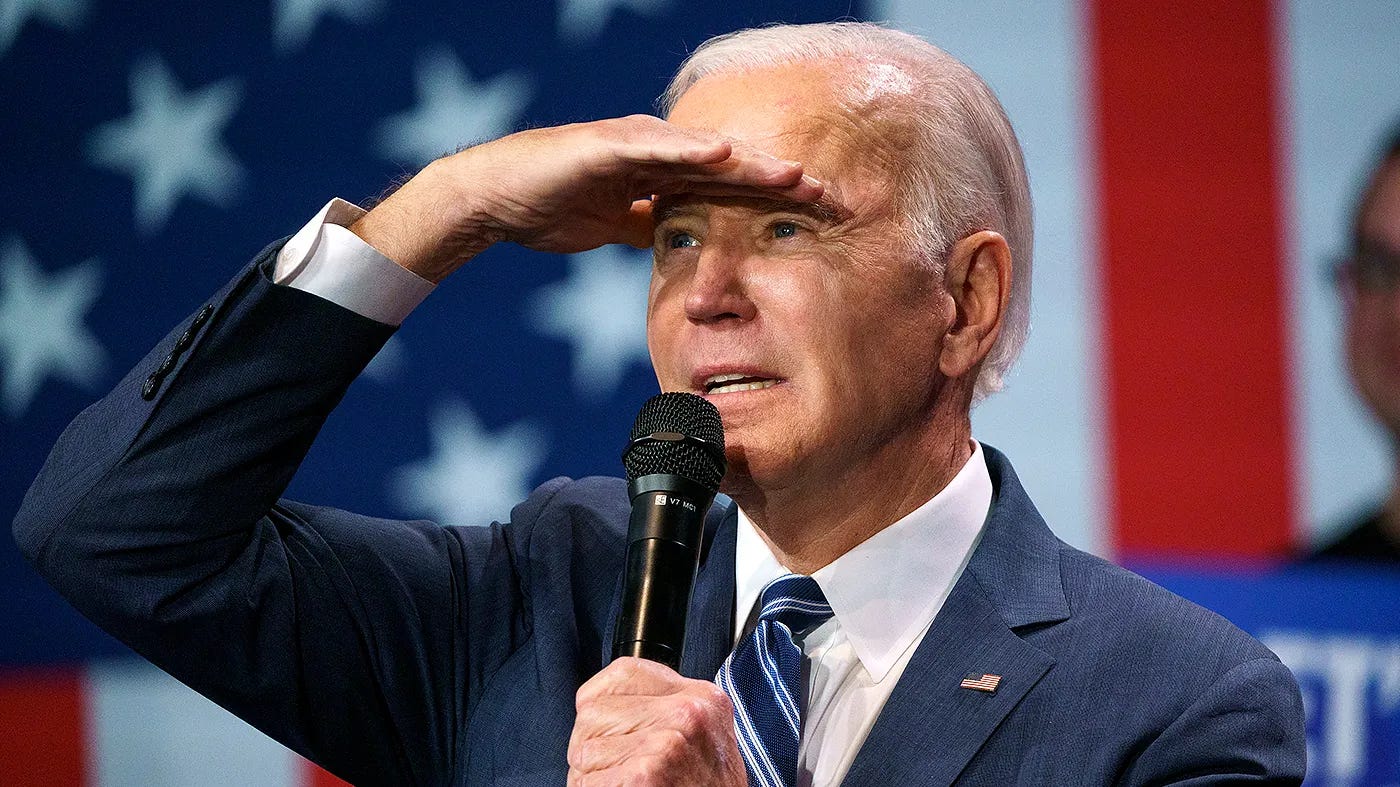From Crisis to Collapse: The Legacy of Joe Biden’s Presidency
How a Presidency Marked by Economic Woes and Policy Missteps Gave Way to Trump’s Historic Comeback
Joe Biden’s presidency was fraught with challenges, culminating in a steep decline in public approval that left him with a sub-40% rating by the end of 2024. Marked by economic struggles, political missteps, and an unsteady hand led to failure to galvanize widespread public enthusiasm. As a result, Biden’s tenure draws comparisons to Jimmy Carter's troubled one-term presidency. Both leaders faced plummeting approval ratings in the shadow of crises that defined their time in office. By January 2025, Biden’s time in the White House will end under the cloud of public dissatisfaction, highlighted by his decision to step aside from seeking re-election and the subsequent defeat of Vice President Kamala Harris by Donald Trump. Trump’s historic return as only the second president to secure a non-consecutive term underscored a resounding public demand for change.
Voter Discontent and Public Disapproval
Biden’s presidency was characterized by mounting public dissatisfaction, which stemmed from several critical failings:
Economic Discontent: Persistent inflation eroded the buying power of everyday Americans. While unemployment remained low, wage stagnation and soaring costs for essentials such as housing and groceries led voters to question Biden’s handling of the economy.
Immigration Crises: The administration faced backlash for its perceived inability to effectively manage immigration. Images of chaos at the southern border, coupled with inconsistent policies, alienated both progressive advocates for reform and more conservative critics demanding stricter enforcement.
Foreign Policy Failures: Biden’s presidency began on shaky ground with the chaotic withdrawal from Afghanistan in 2021, which was widely criticized across the political spectrum. The incident raised doubts about his competence as commander-in-chief, lingering in the public memory throughout his term.
Controversial Pardons: Perhaps one of the most damaging moments, which happens to be one of his latest, was Biden’s decision to grant a full pardon to his son, Hunter Biden, amid tax evasion and firearm possession charges (and a lot more serious allegations related to Burisma). This decision ignited a firestorm of criticism. Voters viewed it as a blatant abuse of presidential power, reinforcing narratives of political privilege and further eroding trust in his leadership.
Achievements Overshadowed by Failures
While Biden secured some legislative accomplishments during his tenure, such as his bipartisan infrastructure bill — a rare victory in a divided Washington, which channeled billions into repairing roads, bridges, and broadband networks. However, his few successes were largely eclipsed by his administration’s failures to connect with voters along with his shaky and often gaffe-riddled public appearances. Biden’s public image eroded and never inspired confidence and public appeal that resonated with voters. The majority of Americans turned on him, questioned his leadership and his physical and mental ability to carryout his duties as president dominated public discourse.
The Political Fallout
The electorate’s frustration with Biden’s leadership and, to a larger extent, Democrat establishment policies, ultimately paved the way for Donald Trump’s return to the White House. Kamala Harris, running as Biden’s handpicked successor, failed to energize the Democratic base and support among minorities and independents, eroded resulting in a decisive Republican victory. Trump’s historic second, non-consecutive term further underscored Biden’s failure to maintain a strong, enduring Democrat political coalition.
Biden’s Place in History
Joe Biden’s presidency will likely be remembered as a period of failure. While he inherited a deeply divided nation grappling with the fallout from a global pandemic, his inability to address key voter concerns or present a compelling vision for the future led to widespread disillusionment. Comparisons to figures like Jimmy Carter are inevitable, as both presidencies were defined by economic malaise and a perception of managerial inadequacy. However, Biden may become the new benchmark considering his rapid decline from a president who received 81 million votes in an election.
Ultimately, Biden’s legacy is likely to be a cautionary tale—a reminder of how quickly public trust can erode in the absence of clear, decisive leadership. His presidency, far from being a transformative moment in American politics, now appears as a fleeting interlude, overshadowed by his inability to inspire confidence and the electorate's decisive embrace of a resurgent Trump era.


